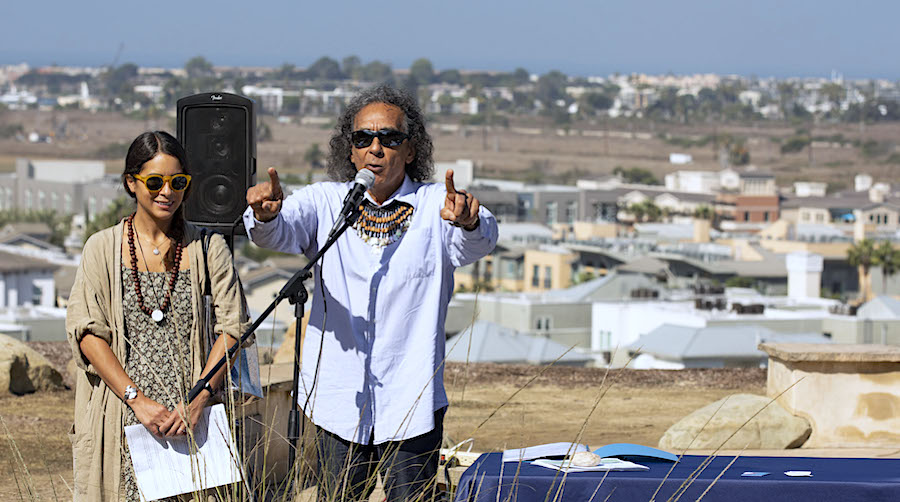Land Acknowledgement
As part of Loyola Marymount University’s commitment to recognizing our history, location, and connection to the Indigenous communities of Los Angeles, we acknowledge the Tongva peoples as the traditional caretakers of Tovaangar—the Los Angeles Basin and the Southern Channel Islands—and the presence of LMU on their traditional, ancestral, and unceded land. We are grateful for the opportunity to live, learn, create, and build community in this place.
To reflect more deeply on the meaning and purpose of land acknowledgments—what they ask us to recognize, how they call us to accountability, and how we might move from words to meaningful action—read The Importance of Land Acknowledgments as Preludes to Transformed Relations by Ernesto Colín and Brenda Nicolás.
The Indigenous Working Group
The Indigenous Working Group (IWG) at LMU is a collaborative body of faculty, staff, and students dedicated to advancing Indigenous visibility, inclusion, and justice on campus. The IWG develops programming, resources, and policy recommendations that highlight Indigenous perspectives and address LMU’s historical and ongoing relationship with Native communities, especially the Tongva people, on whose ancestral lands the university stands. Through efforts such as the land acknowledgment, Indigenous Heritage Month events, curriculum development, and campus space reimagination, the IWG works to Indigenize LMU in alignment with its mission and values.
For questions about the Indigenous Working Group (IWG) or related initiatives, please contact IWG chair Jared Coleman at Jared.Coleman@lmu.edu.
Subscribe to the Native American and Indigenous Hub Mailing List to keep up with upcoming events, important news, and opportunities.
News & Events
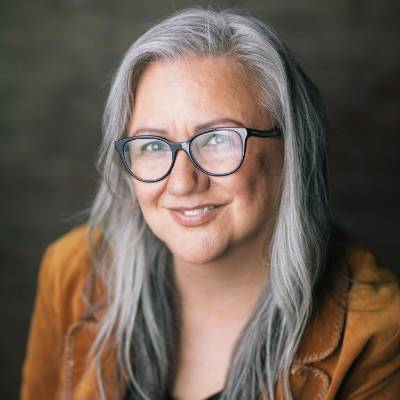
Lecture in Spirituality featuring Dr. Cheryl Bear
Date: March 19, 7:00 PM
Dr. Cheryl Bear (Nadleh Whut'en First Nation) will present "Native American Spirituality: A Theological Overview." In her words, this lecture explores "everything you want to know about American Indians but were afraid you are too white (or at least too non-Native) to ask."
More Info and Registration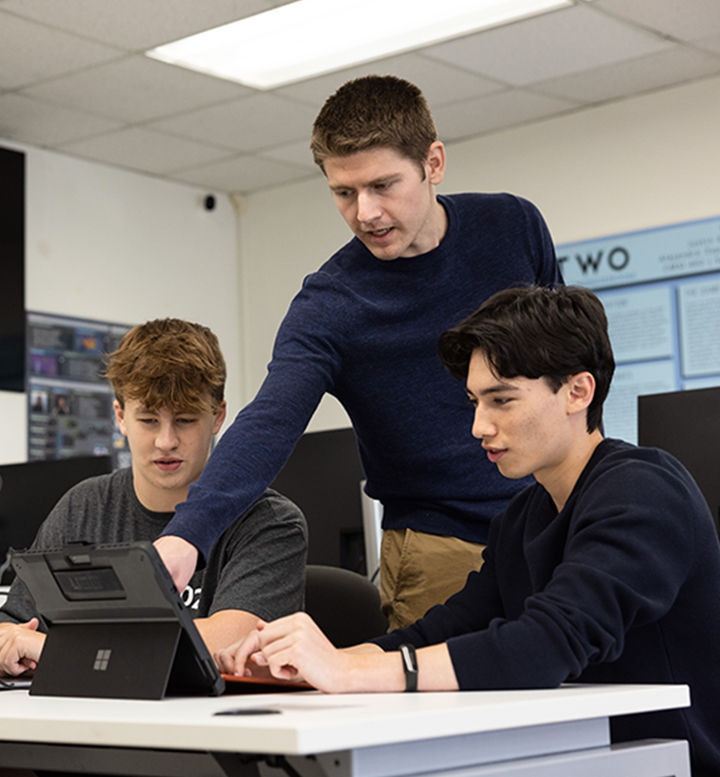
Honors Lecture on Generative AI & Indigenous Language Revitalization
Date: February 20, 2:00 PM Location: Seaver Science Hall 100
Honors Lecture Series features Prof. Jared Coleman, Computer Science: "Generative AI & Indigenous Language Revitalization
More Info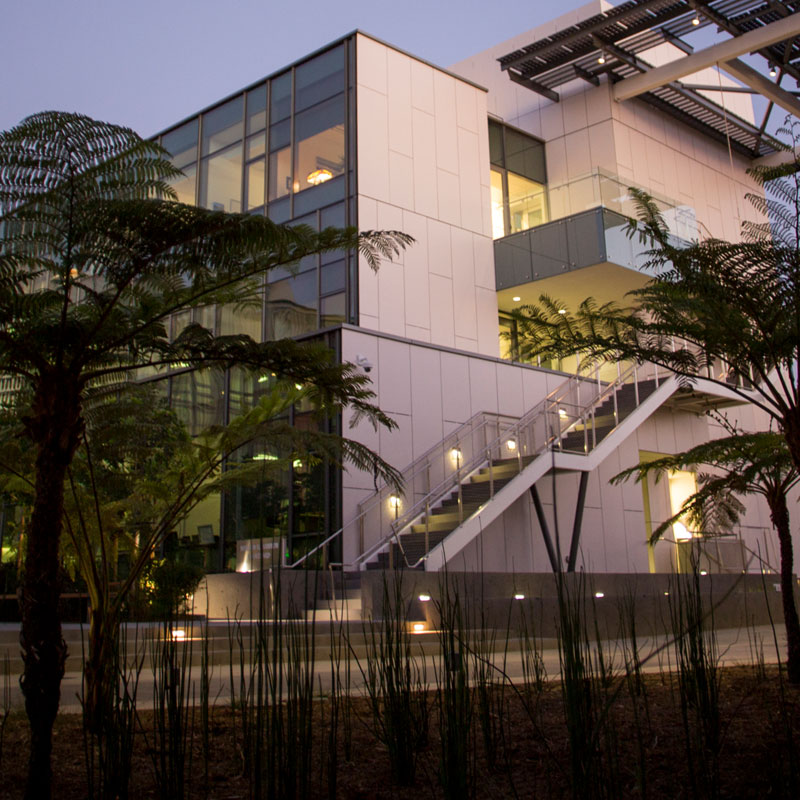
Strengthening LMU's Partnership with Indigenous Peoples
Date: February 10, 2-3:30 PM
Building on the work of the LMU Indigenous Working Group and ongoing collaborations across campus, this roundtable will engage Indigenous scholars and community members in a discussion about how LMU can center Indigenous perspectives and knowledge in ways that are community-driven and relationship-centered.
2026 CSJ Symposium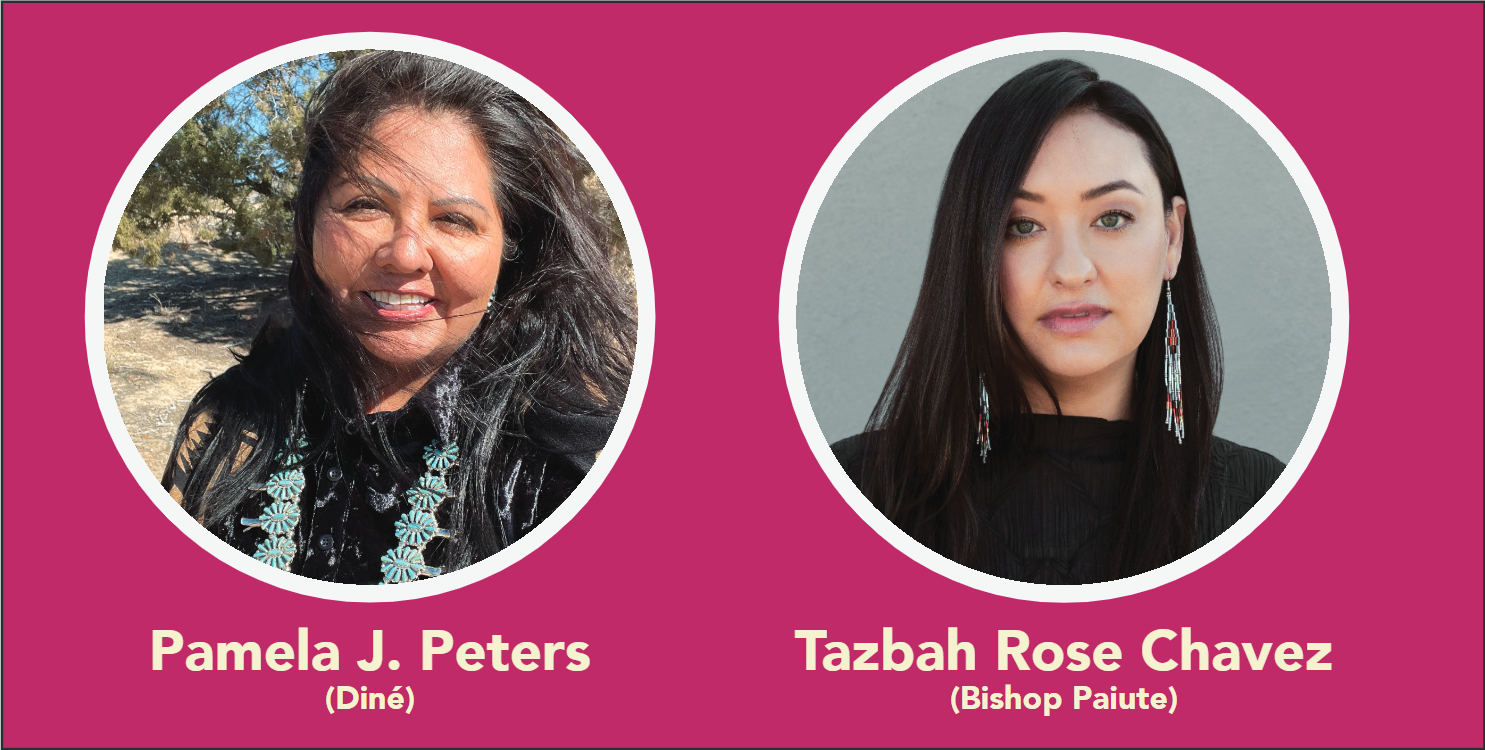
In Focus: Indigenous Representation in the Arts and Media
Date: Dec. 3, 2025
This panel discussion featured Emmy-nominated producer, writer, and director Tazbah Rose Chavez (Bishop Paiute) and multimedia documentarian and photographer Pamela J. Peters (Diné). The event will explore how Indigenous artists are reshaping narratives and expanding visibility across creative industries.
Read More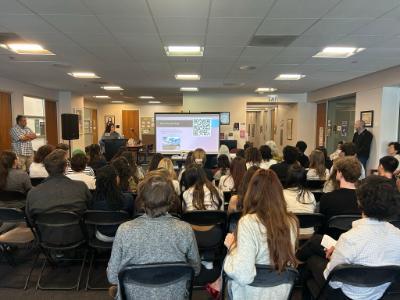
Teri Red Owl and Glenn Nelson Speak on Indigenous Water Rights at LMU
Date: March 21, 2025
Teri Red Owl, Executive Director of the Owens Valley Indian Water Commission, and Glenn Nelson, a respected language and culture educator, visited Loyola Marymount University to engage students and faculty in a compelling discussion on Indigenous water rights, cultural resilience, and the revitalization of Payahuunadü lifeways.
Read More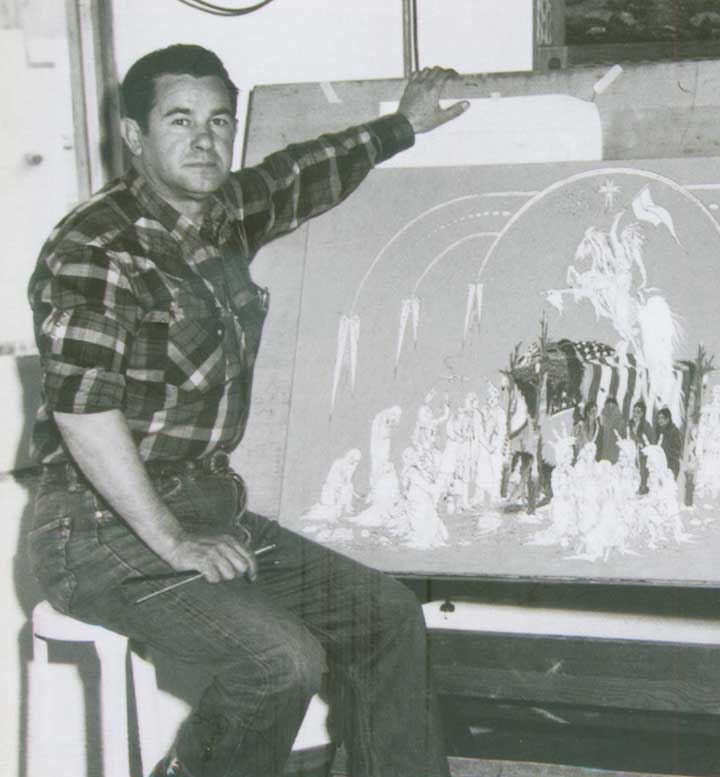
Nicolas G. Rosenthal Awarded NEH Stipend to Support Book on Indigenous Artists
Date: October 11, 2024
Nicolas G. Rosenthal, professor of history in the LMU Bellarmine College of Liberal Arts, was awarded a 2024 National Endowment for the Humanities (NEH) Summer Stipend. The prestigious grant provided Rosenthal with the time and funds to work on his book manuscript “Painting Native America: Indigenous Artists in the Twentieth Century,” set to be published in Fall 2025.
Read More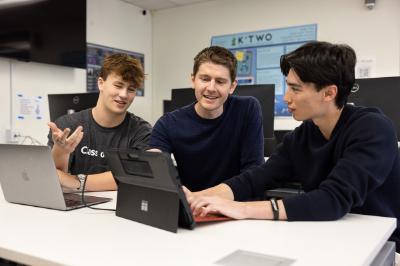
Revitalizing Critically Endangered Languages via Large Language Models
Date: November 14, 2024
LMU Computer Science Professor Jared Coleman is leveraging AI and large language models to help revitalize the critically endangered Owens Valley Paiute language through innovative digital tools and student-driven research.
Read More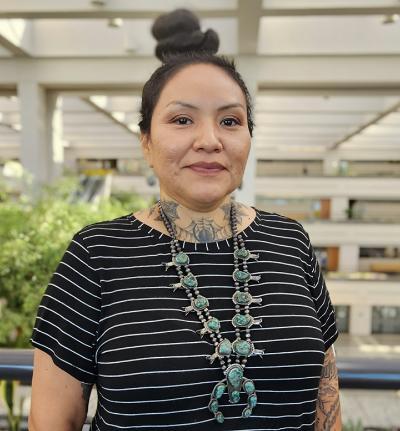
LMU Spotlights Local Navajo Textile Artist for Native American Heritage Month
Date: December 4, 2023
Loyola Marymount University celebrated Native American Heritage Month by hosting Diné (Navajo) textile artist Melissa Cody, who shared her story, creative process, and the cultural traditions that inspire her vibrant contemporary weavings.
Read More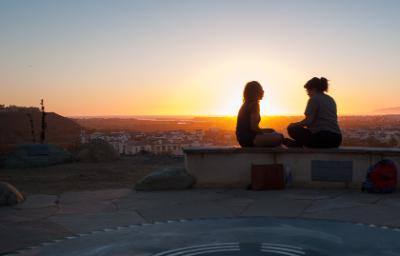
Former Faculty Member Invests in Diversity and Research with $3 Million Bequest
Date: April 25, 2022
Former LMU faculty member Michael O’Sullivan, Ph.D., has committed a $3 million bequest to support research in psychological science and fund scholarships for Native American and Indigenous students, reflecting his lifelong dedication to diversity, education, and social justice.
Read More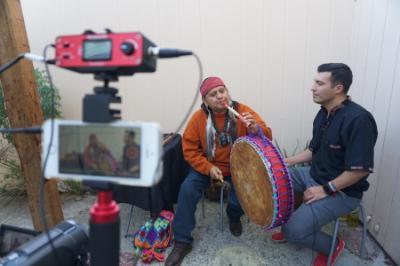
Listening to the Voices of Indigenous Faculty
Date: November 29, 2021
Three Indigenous LMU faculty members—Mónica Cabrera, Ernesto Colín, and Brenda Nicolás—share their experiences and advocate for an Indigenous Studies Department to support Native identity, visibility, and student success within the university.
Read More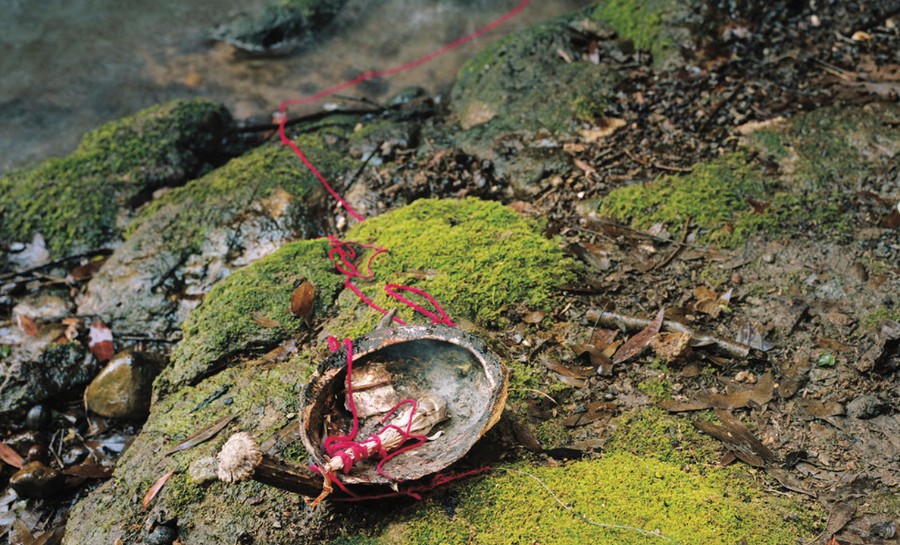
Artist Is Indigenizing Los Angeles, Rewriting Historical Narratives
Date: November 19, 2021
Through photography and installation art, Tongva artist Mercedes Dorame reclaims Indigenous presence in Los Angeles by challenging colonial narratives and connecting cultural memory to contemporary landscapes.
Read More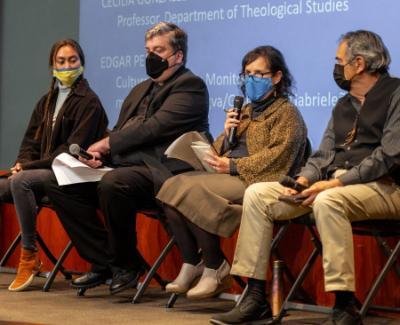
Historian, Panelists Explore Serra’s Complicated Legacy
Date: November 9, 2021
In a panel hosted for LMU's Indigenous Heritage Month, historian Robert Senkewicz and community members examined the complex legacy of Junípero Serra, sparking campus-wide reflection on colonial history, public memory, and the future of the Serra statue at LMU.
Read More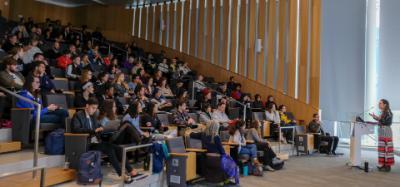
Winona LaDuke Speaks at LMU About Creating Change
Date: April 13, 2018
Environmental activist Winona LaDuke spoke at LMU about Indigenous-led movements for environmental justice, emphasizing sustainability, cultural resilience, and the power of grassroots organizing to shape a better future.
Read More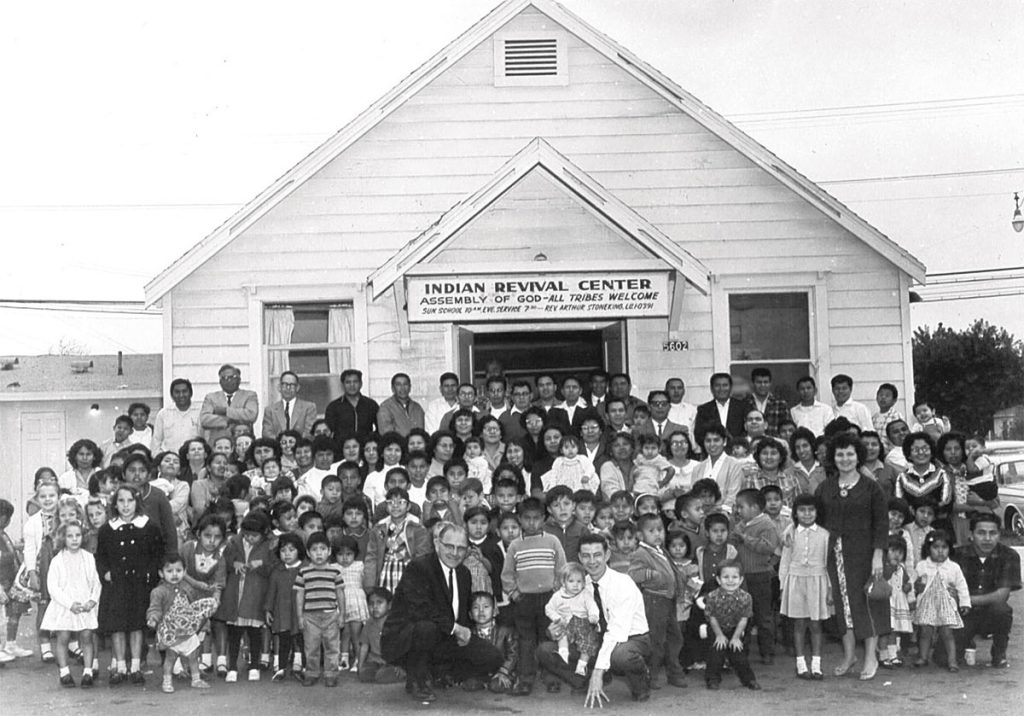
This is Indian Country
Date: August 22, 2016
In "This Is Indian Country," historian Nicolas G. Rosenthal explores how Los Angeles became a central hub of Native American life, tracing the migration, adaptation, and enduring cultural presence of Indigenous communities in the city throughout the 20th century and beyond.
Read More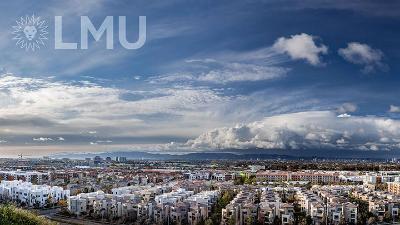
At Playa Vista, a Controversy over Indian Remains
Date: May 1, 2007
During construction of the Playa Vista development in Los Angeles, the remains of over 400 Tongva Indians were unearthed, sparking controversy over the treatment of Indigenous burial sites and raising broader questions about cultural preservation and development.
Read MoreSelected Faculty Profiles
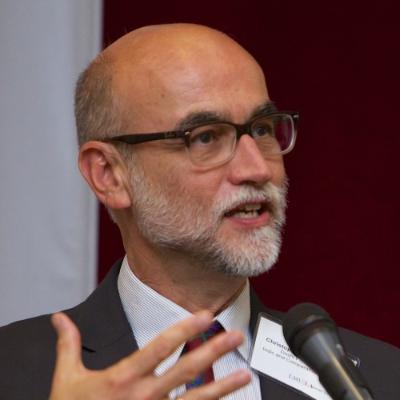
Christopher Key Chapple
Christopher Key Chapple is the Doshi Professor of Indic and Comparative Theology and founding director of LMU’s M.A. in Yoga Studies. He has authored and edited over 20 books on yoga, ecology, and nonviolence, including "Karma and Creativity" and "Yoga and the Luminous." He has received grants from the NEH (National Endowment for the Humanities) and Fulbright, and serves on multiple advisory boards focused on religion, ecology, and South Asian studies.
Learn More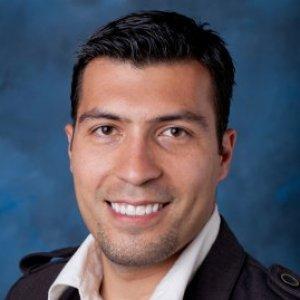
Ernesto Colín
Ernesto Colín, Associate Professor in Urban Education, is a visual artist, Aztec dancer, and cultural anthropologist focused on Indigenous education. He authored Indigenous Education Through Dance and Ceremony and researches curriculum, identity, and culture in Native communities across the U.S., Mexico, and Guatemala.
Learn More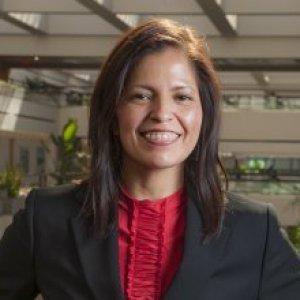
Margarita R. Ochoa
Margarita R. Ochoa, Associate Professor of History, specializes in Latin American history with a focus on identity, law, and Indigenous society in colonial and early Mexico. She co-edited Cacicas and City Indians and is completing a book on Indigenous families in 18th–19th century Mexico City.
Learn More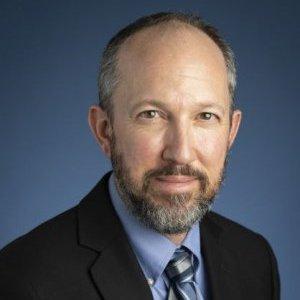
Nicolas Rosenthal
Nicolas Rosenthal is Professor of History and author of "Reimagining Indian Country: Native American Migration and Identity in Los Angeles" and "Painting Native America: Indigenous Artists in the Twentieth Century. He teaches courses on Native American, environmental, California, American West, and U.S. history.
Learn More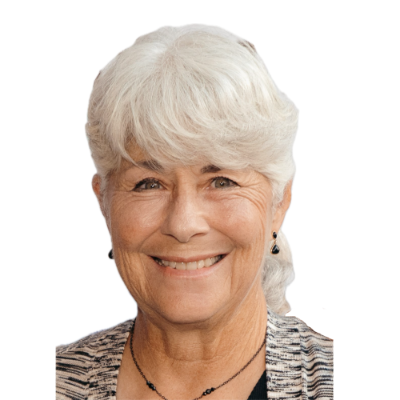
Lisa Fimiani
Lisa Fimiani is the Drollinger Environmental Leadership Fellow at LMU’s Center for Urban Resilience (CURes), where she leads educational tours and programs at Ballona Discovery Park and supports community engagement efforts. She previously served as Executive Director of the Friends of Ballona Wetlands.
Learn More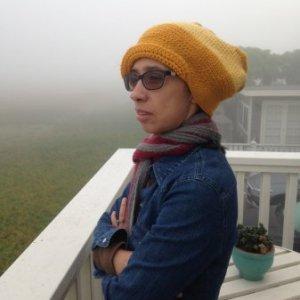
Mónica Cabrera
Mónica Cabrera is a Professor of Modern Languages and Literatures at LMU and Co-PI (Co-Principal Investigator) on projects exploring ethical AI in language revitalization. A specialist in linguistics and second language acquisition, her work focuses on community-centered research and Indigenous language preservation. As a South American Qichwa descendant, she brings personal commitment to efforts supporting endangered languages.
Learn More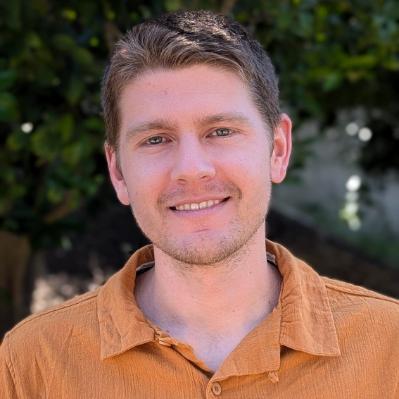
Jared Coleman
Jared Coleman, Assistant Professor of Computer Science, leads the Kubishi Research Group at LMU. His research covers AI, distributed systems, IoT, and large language models. A member of the Big Pine Paiute Tribe, he studies AI for language revitalization and developed an online dictionary for Owens Valley Paiute.
Learn MoreDeveloping Educational Resources that Highlight Indigenous Voices
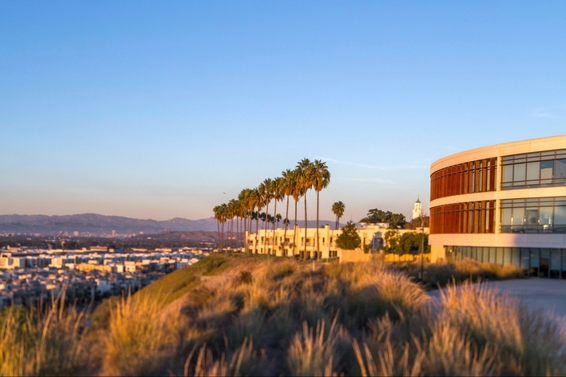
Loyola Marymount University’s William H. Hannon Library, in collaboration with the LMU Indigenous Working Group, has launched an expanded digital Gabrielino-Tongva Bibliography to center Indigenous voices in academic research. Developed with the guidance of community experts and LMU faculty, this updated open educational resource includes over 1,000 citations and reflects a shift toward Indigenous-centered classification systems and perspectives. Supported by an Inclusive Excellence Grant, the bibliography is a dynamic tool for researchers, educators, and community members seeking to engage with the political, cultural, and historical experiences of the Gabrielino-Tongva people.
LMU's Tongva Memorial
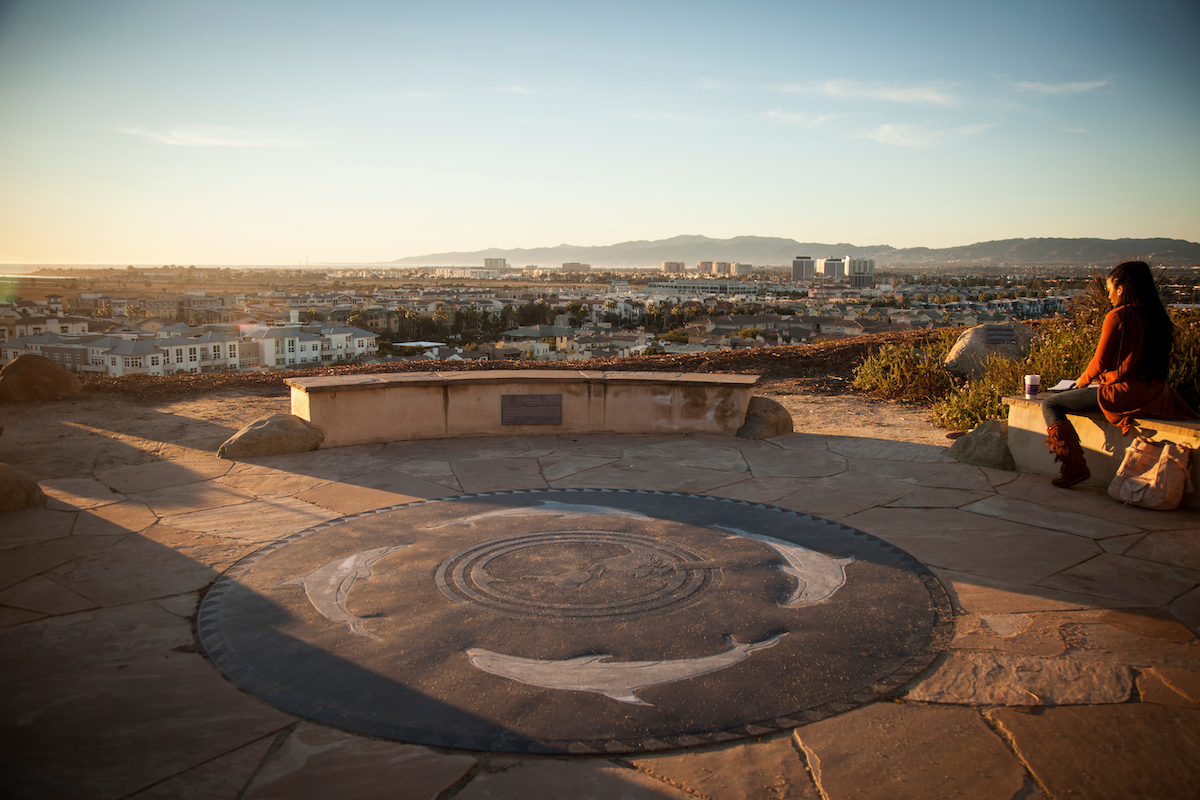
LMU’s Tongva Memorial, established in 2000, is found on the bluff overlooking Playa Vista where Tongva artifacts were discovered during the construction of the Leavey residence halls. The site was rededicated in 2004 after the remains of several hundred Native Americans were found in a burial ground on the Playa Vista property below the bluff. These were reburied in an earthen mound within the Ballona Discovery Park. About 3,000 Tongva archaeological sites exist within what is now Los Angeles and Orange Counties.
Discovery Park
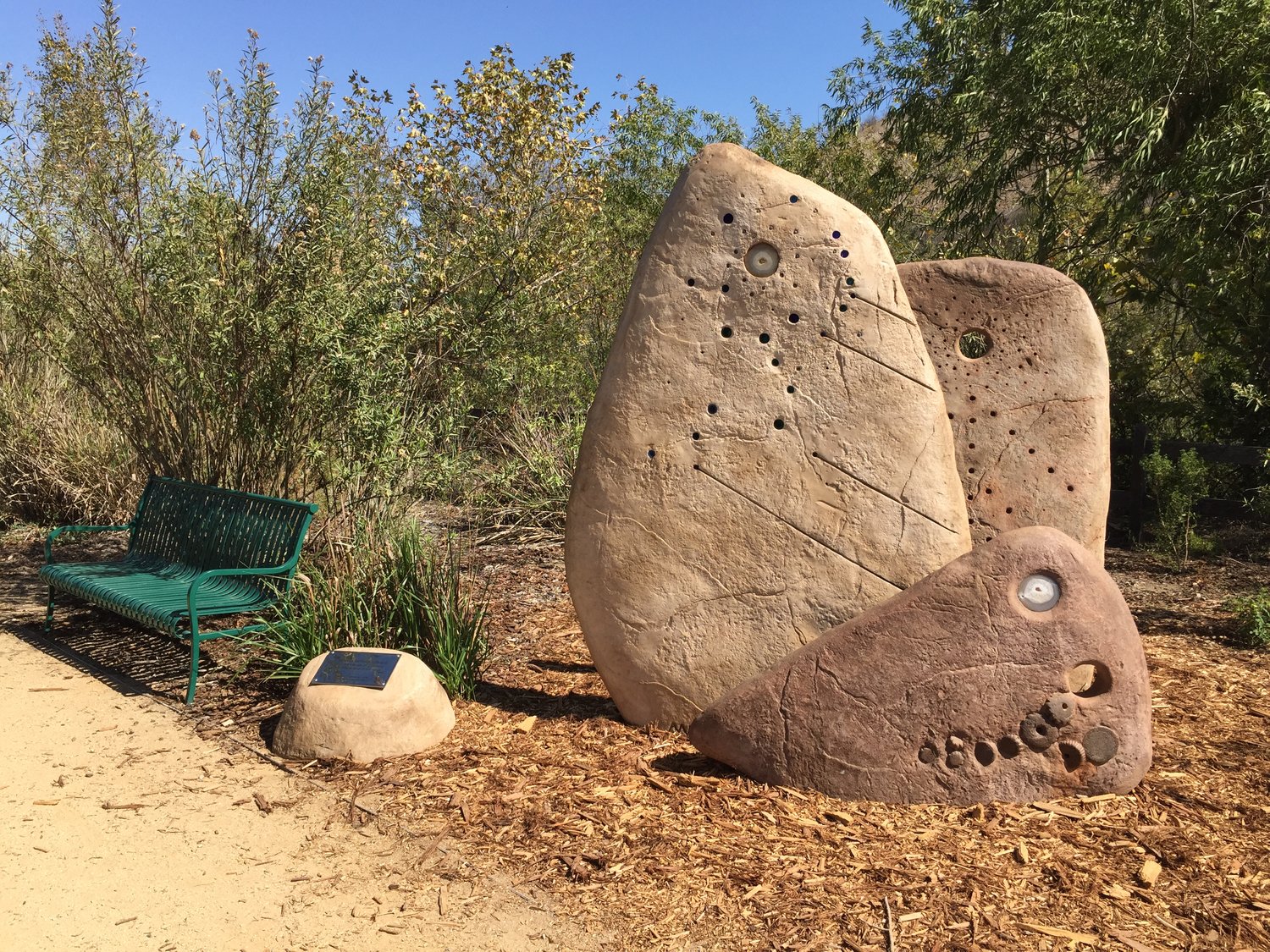
Ballona Discovery Park is a two-acre native garden and outdoor science learning space in Playa Vista, operated through Loyola Marymount University's Center for Urban Resilience (CURes). The park features native Southern California habitats, interactive educational exhibits, and cultural monuments, including a Tongva gathering house and memorial. It serves as a hands-on laboratory for K–12 and university students, as well as a community hub for environmental education, art, and cultural reflection. Partnerships with organizations like Friends of Ballona Wetlands and The Bay Foundation support its programming, which emphasizes ecology, Indigenous history, and urban sustainability.
